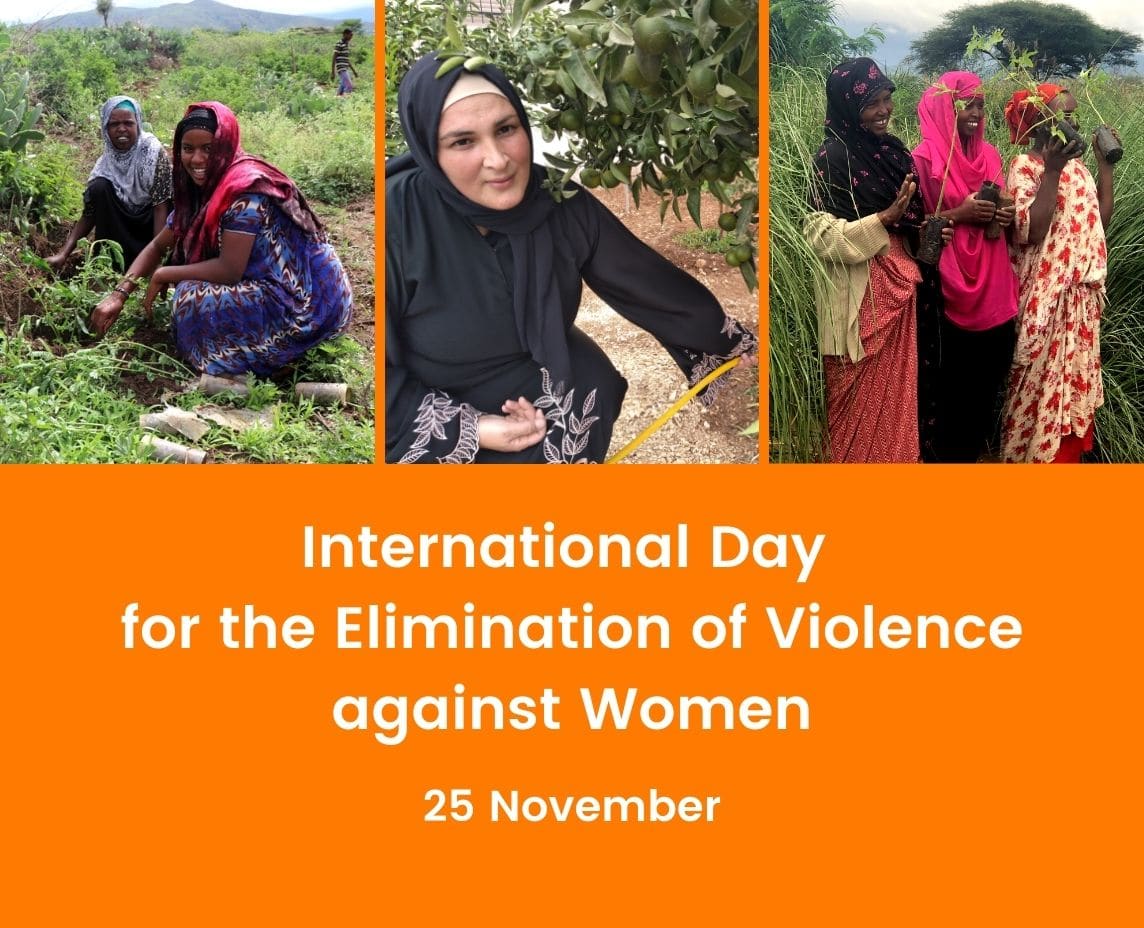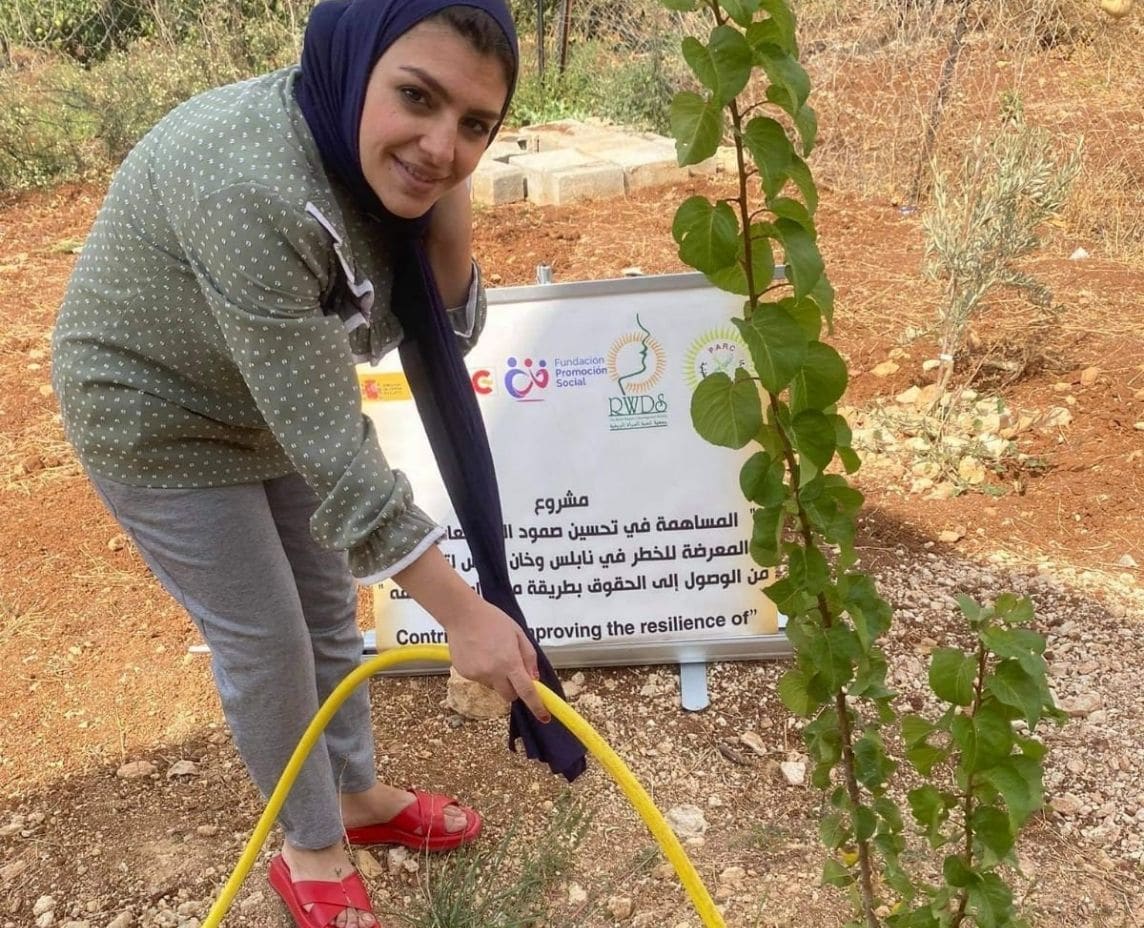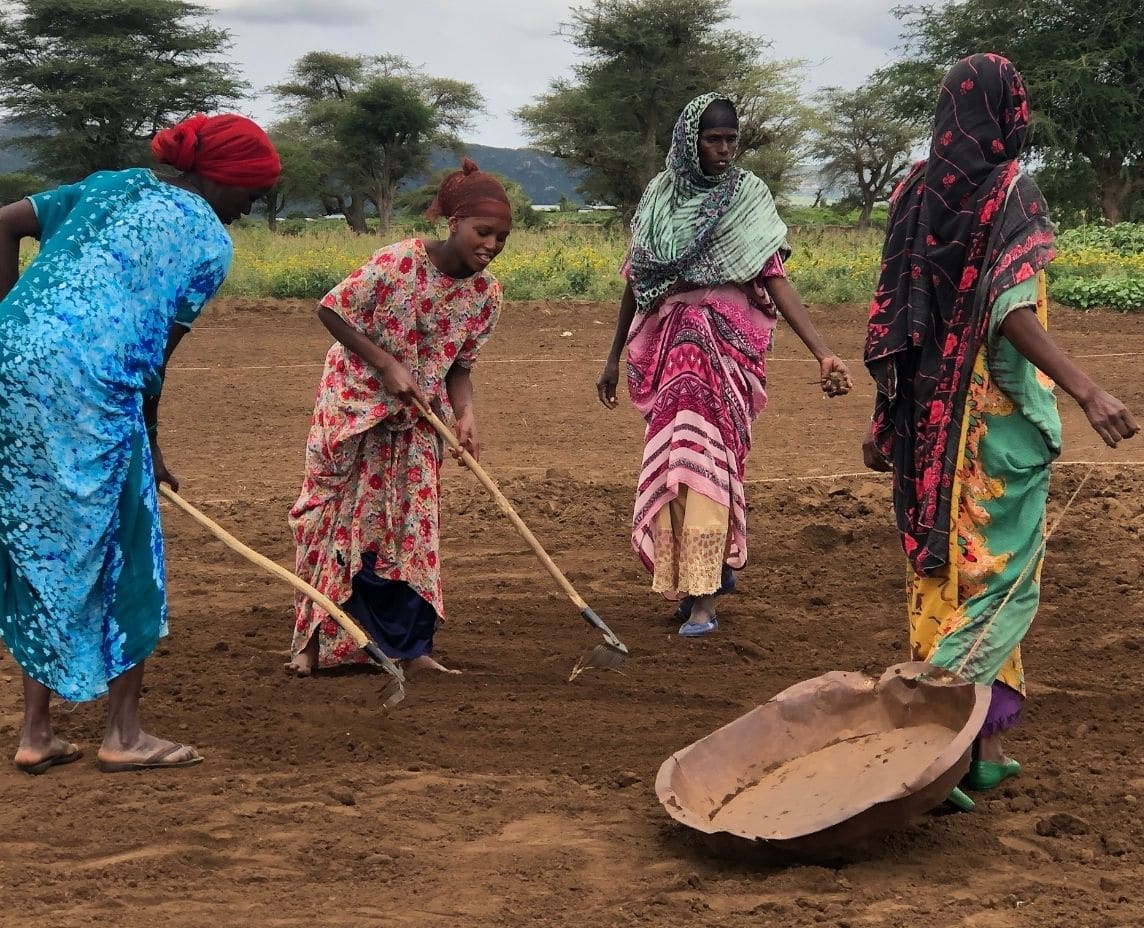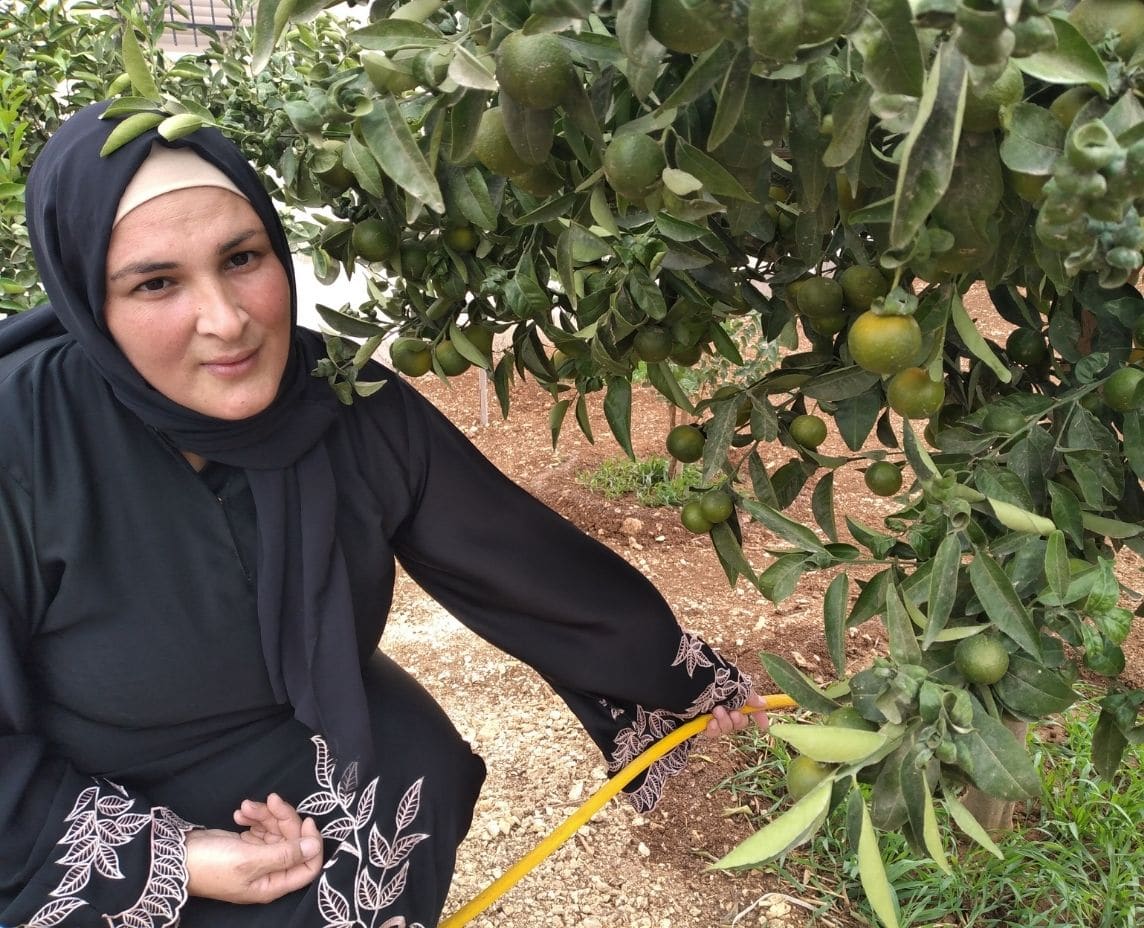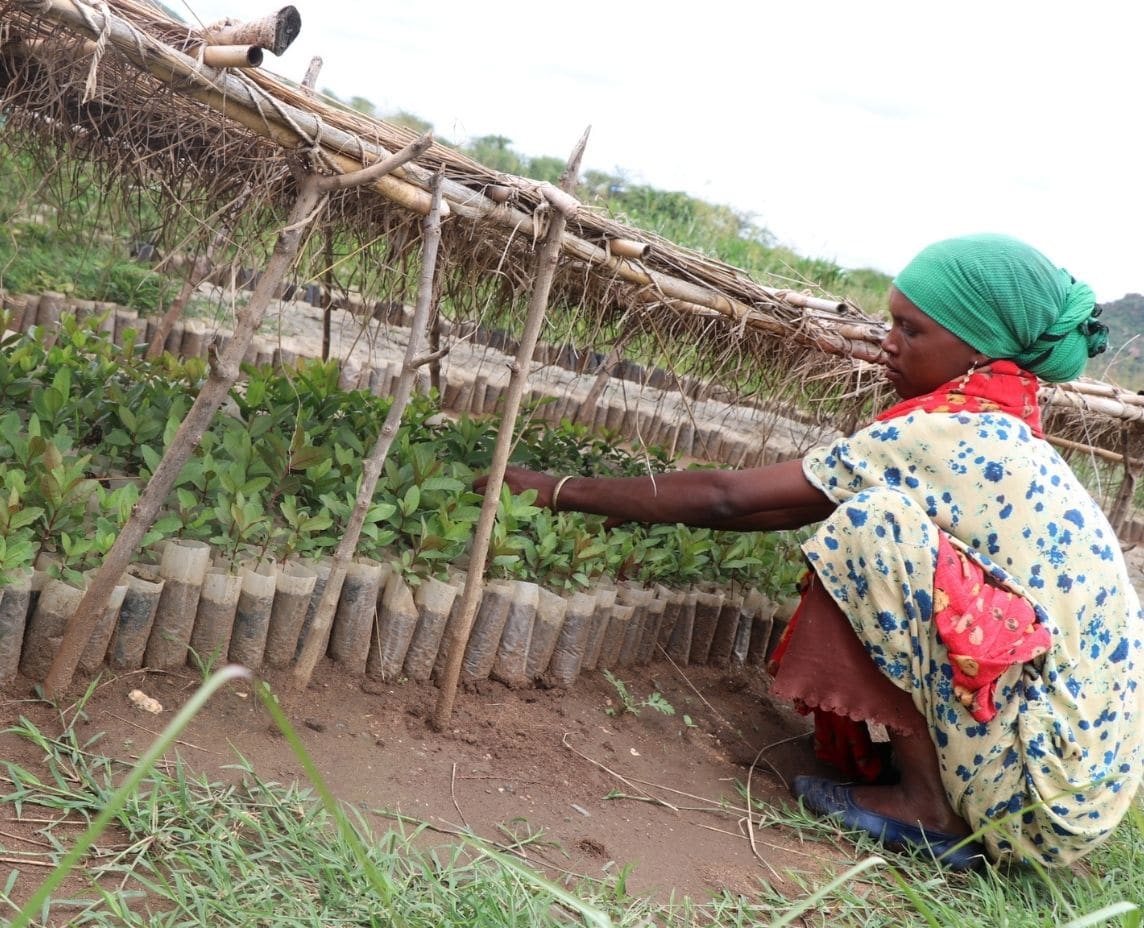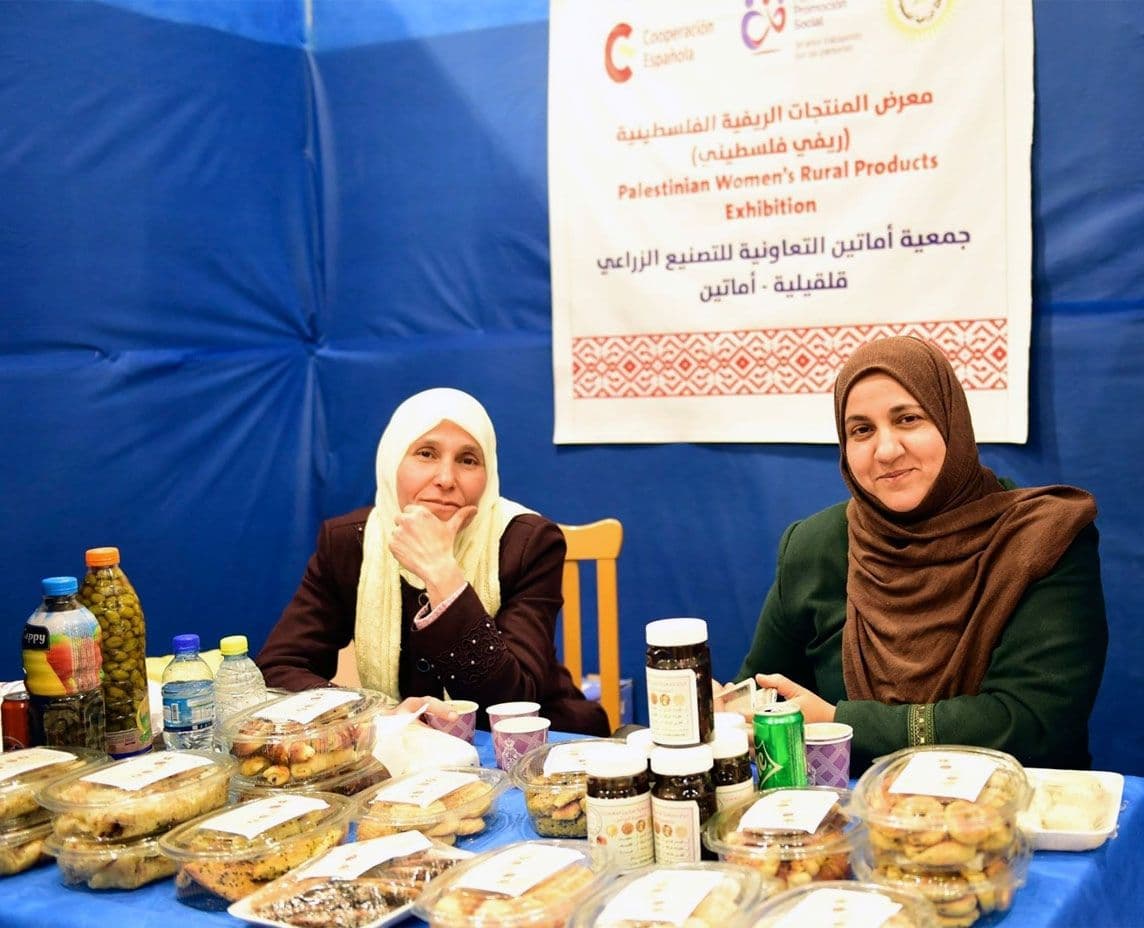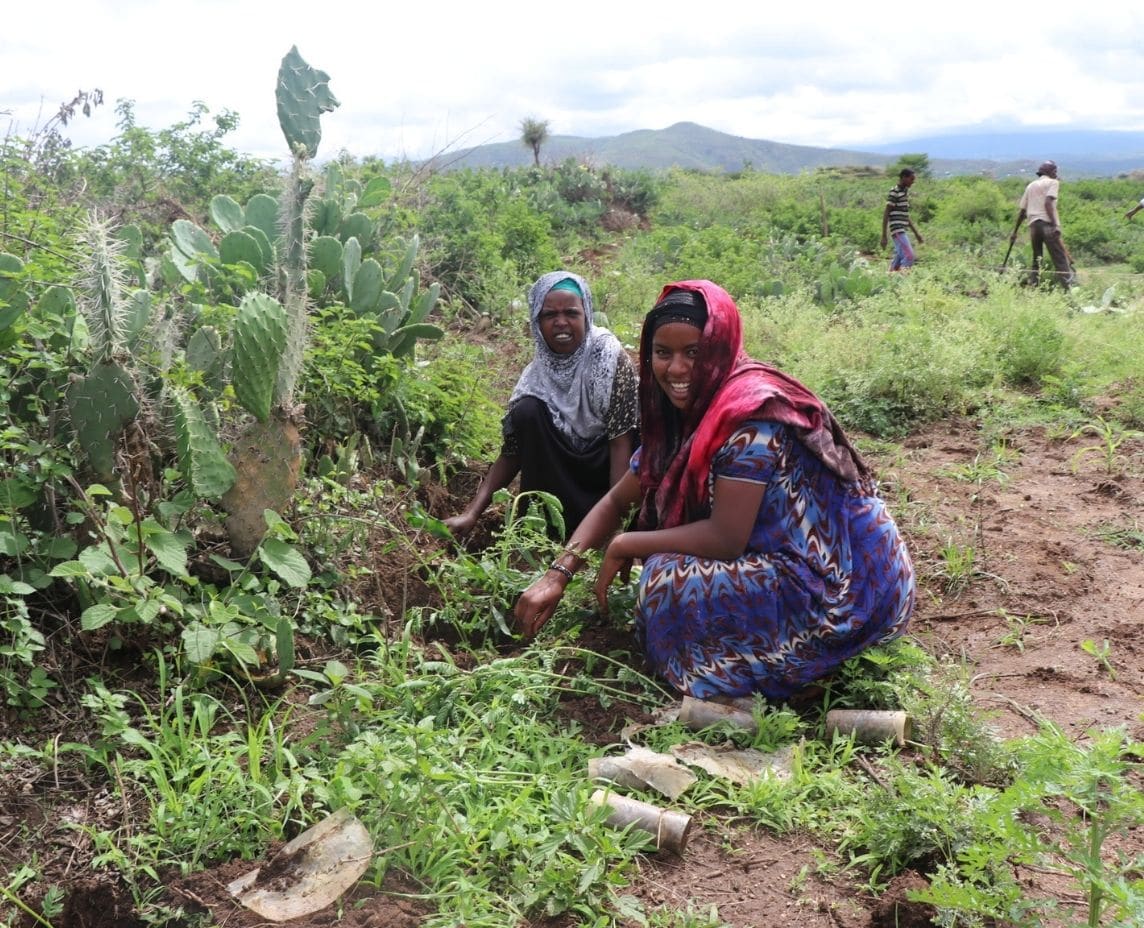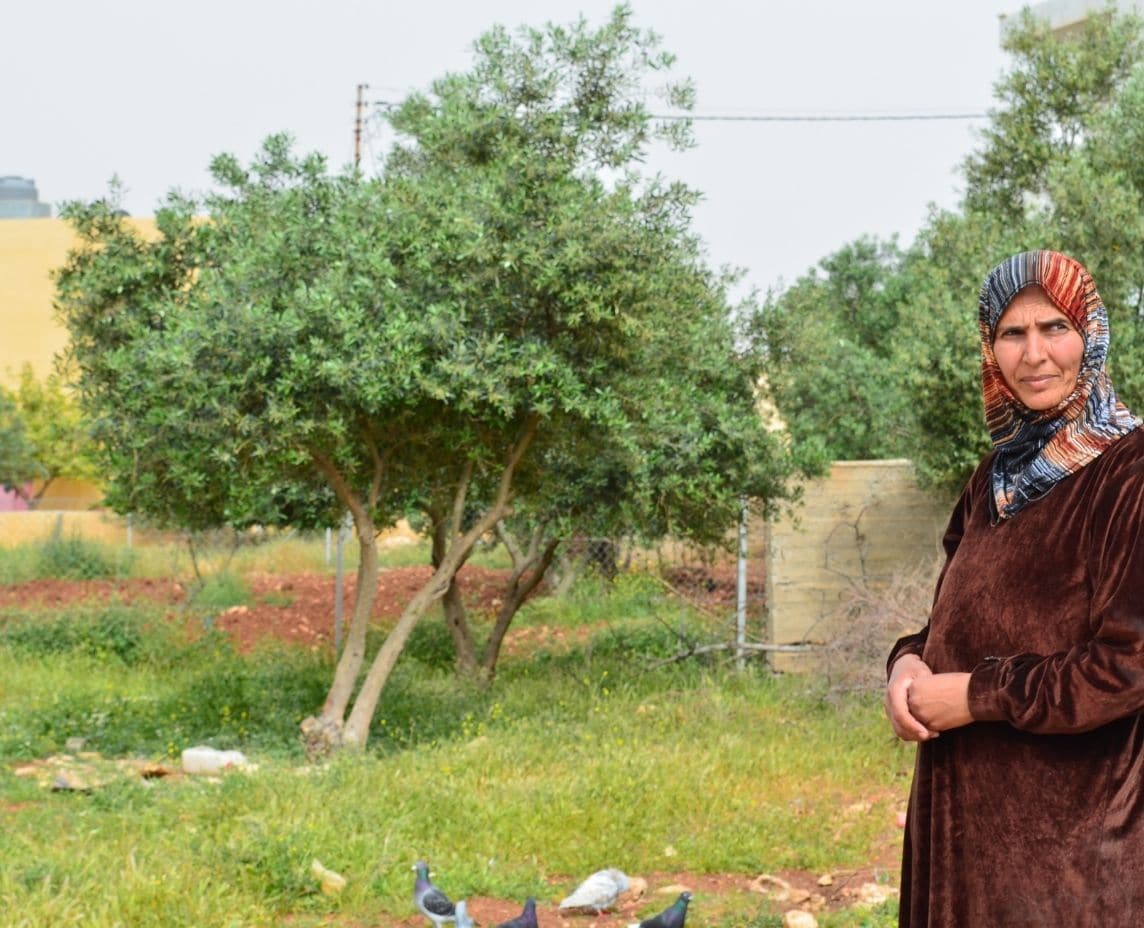From Social Promotion Foundation, and through our Women and Equality Observatory (OMEI), we join the rest of the social agents in condemning any type of aggression against women on the International Day for the Elimination of Violence against Women (25th November).
The Declaration on the Elimination of Violence against Women issued by the UN General Assembly in 1993 defines violence against women as “any act of violence that results in, or is likely to result in, physical, sexual or psychological harm or suffering to women, including threats of such acts, coercion or arbitrary deprivation of liberty, whether occurring in public or in private life”.
This year, the United Nations is promoting the day under the slogan “Orange the World: End Violence against Women Now!” For the United Nations, orange is the colour that represents a future free of violence against women and girls and urges to be part of the orange movement.
At Social Promotion, on this day, we maintain our commitment to continue working towards the fulfilment of SDG 5 on gender equality and to empower all women and girls in all countries.
Thus, currently, in Ethiopia as in Palestine, and with the support of the Spanish Agency for International Development Cooperation (AECID) and the Regional Government of Valencia, the fight against gender-based violence in rural areas, where women are particularly vulnerable, is a priority.
To this end, it promotes their empowerment and social participation, and their access to vocational training in agricultural techniques and productive resources, as comprehensive and inclusive measures capable of transforming harmful and risky situations.
In the Somali region, the agreement under implementation includes a component for training women in their fundamental rights with the aim of combating and preventing female genital mutilation or forced marriages at an early age, practices that are particularly deep-rooted in the region. Likewise, in Oromiya, priority is given to the active participation of women, and one of its objectives is for them to integrate at least two productive groups in the agricultural sector as a whole.
In Palestine, given their high presence in the agricultural workforce, within the framework of the agreement that is being developed in the West Bank and Gaza, productive agricultural enterprises and their commercialisation are promoted, as well as the creation of women’s clubs and cooperatives. It also focuses on issues of public awareness and sensitisation on equal opportunities and rights.
Likewise, in the Governorate of Jenin, the labour rights of rural women are promoted in order to empower them economically, favouring their equal access to productive employment, with a decent salary, in a safe working environment and with guaranteed equal treatment, as well as their right to form associations.
Investing in equality, empowering and improving the economic autonomy of rural women in these regions, in addition to favouring their well-being and of their families and their communities, undoubtedly contributes to combating violence against them.





